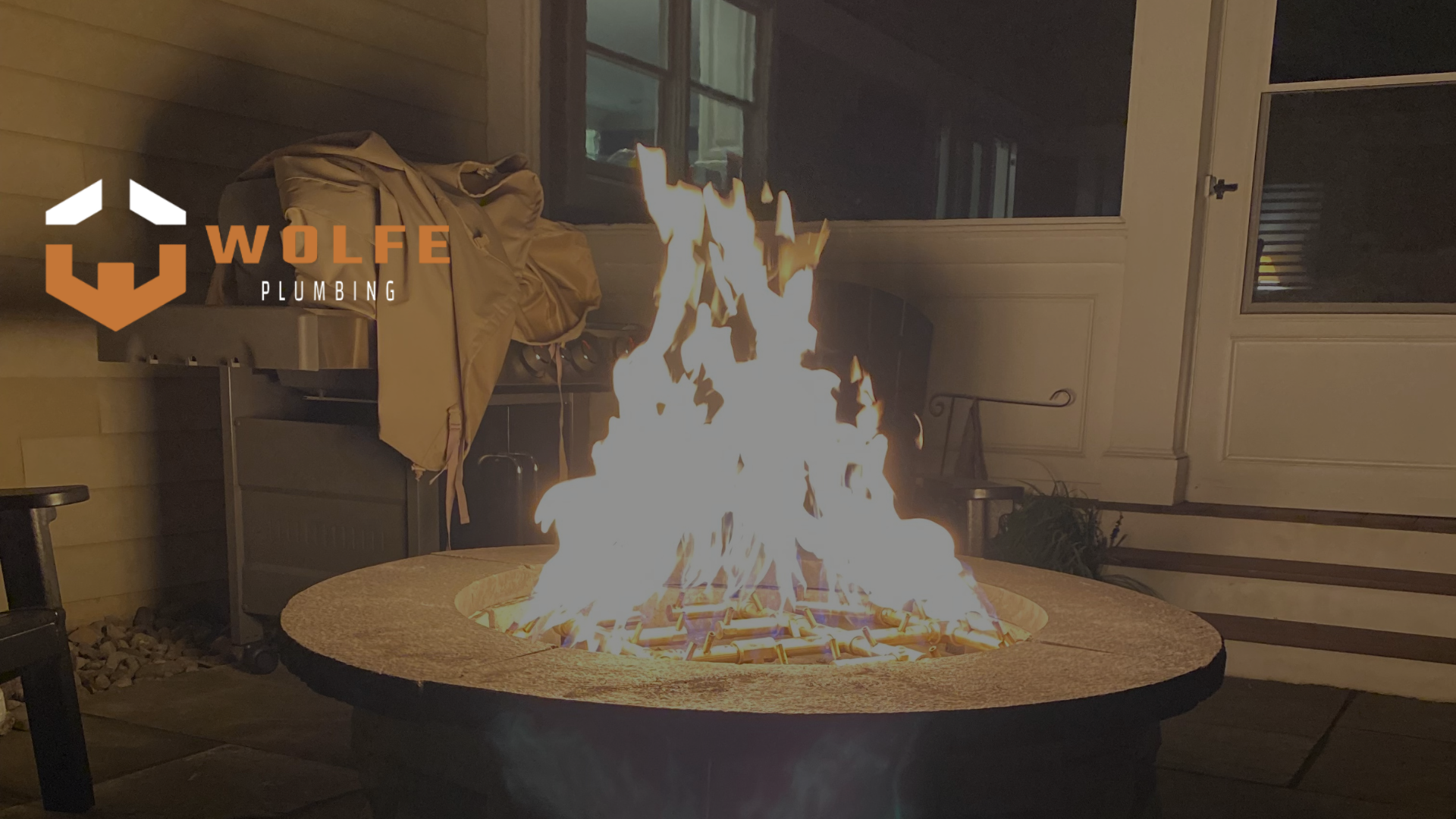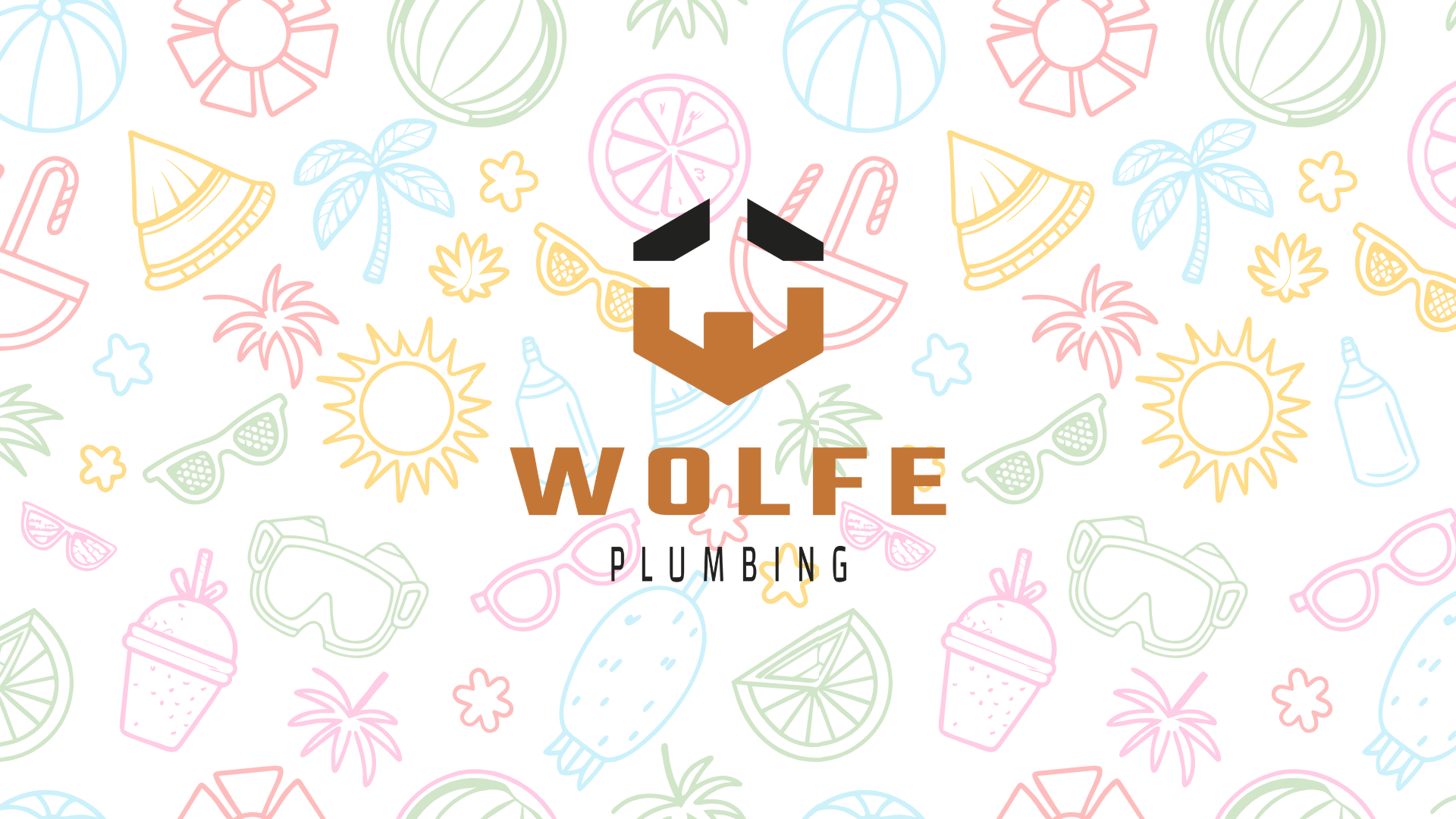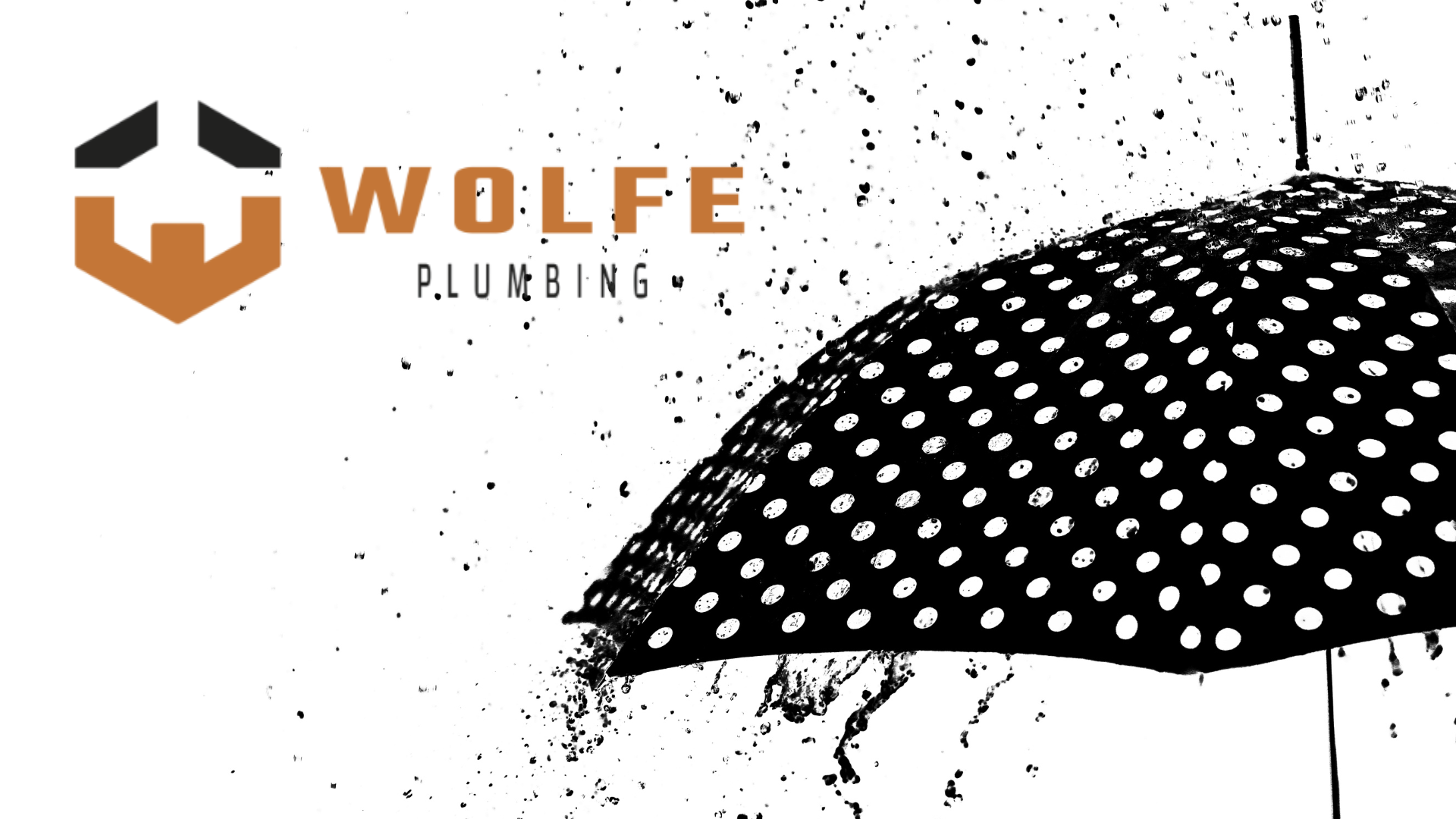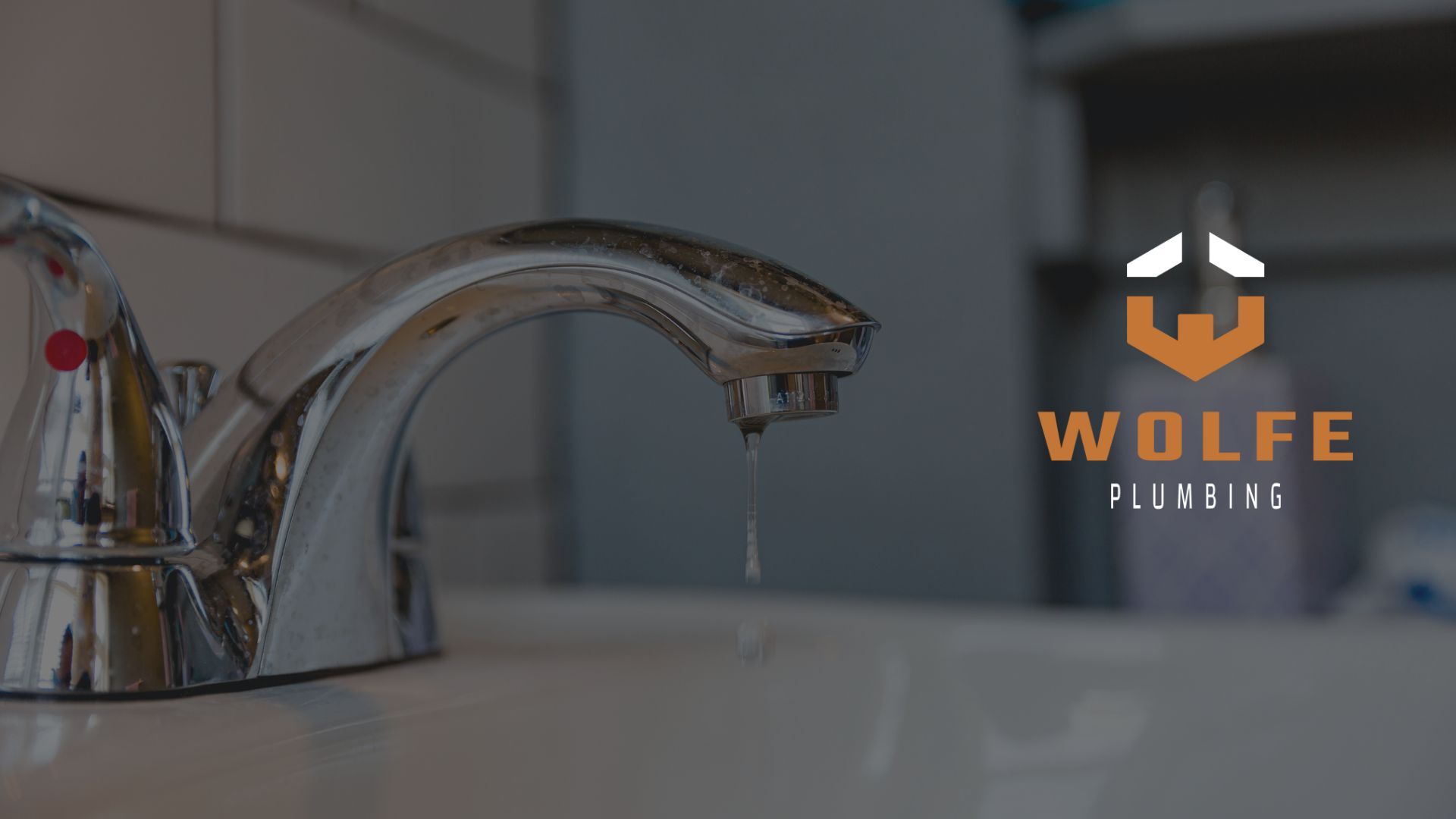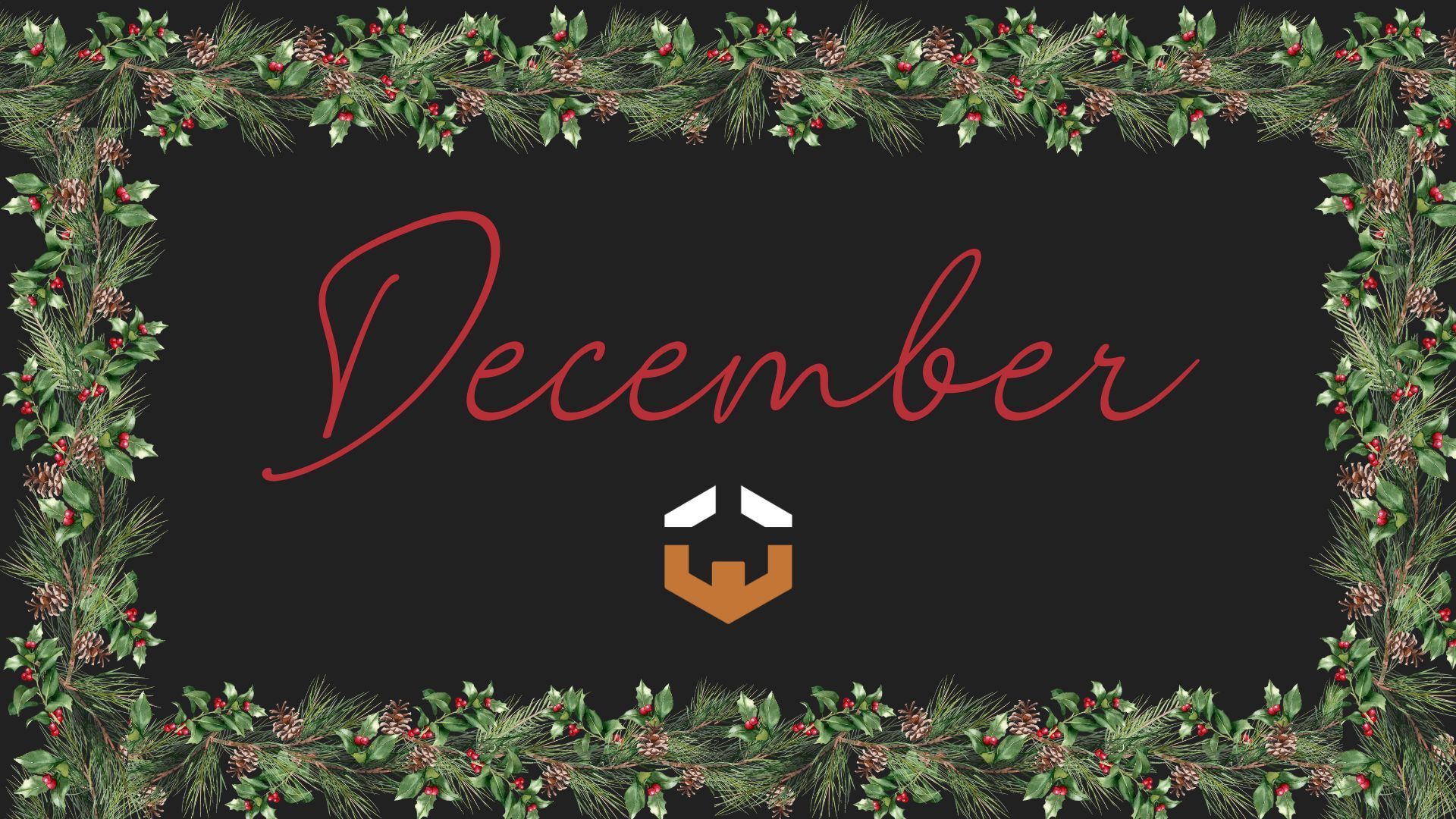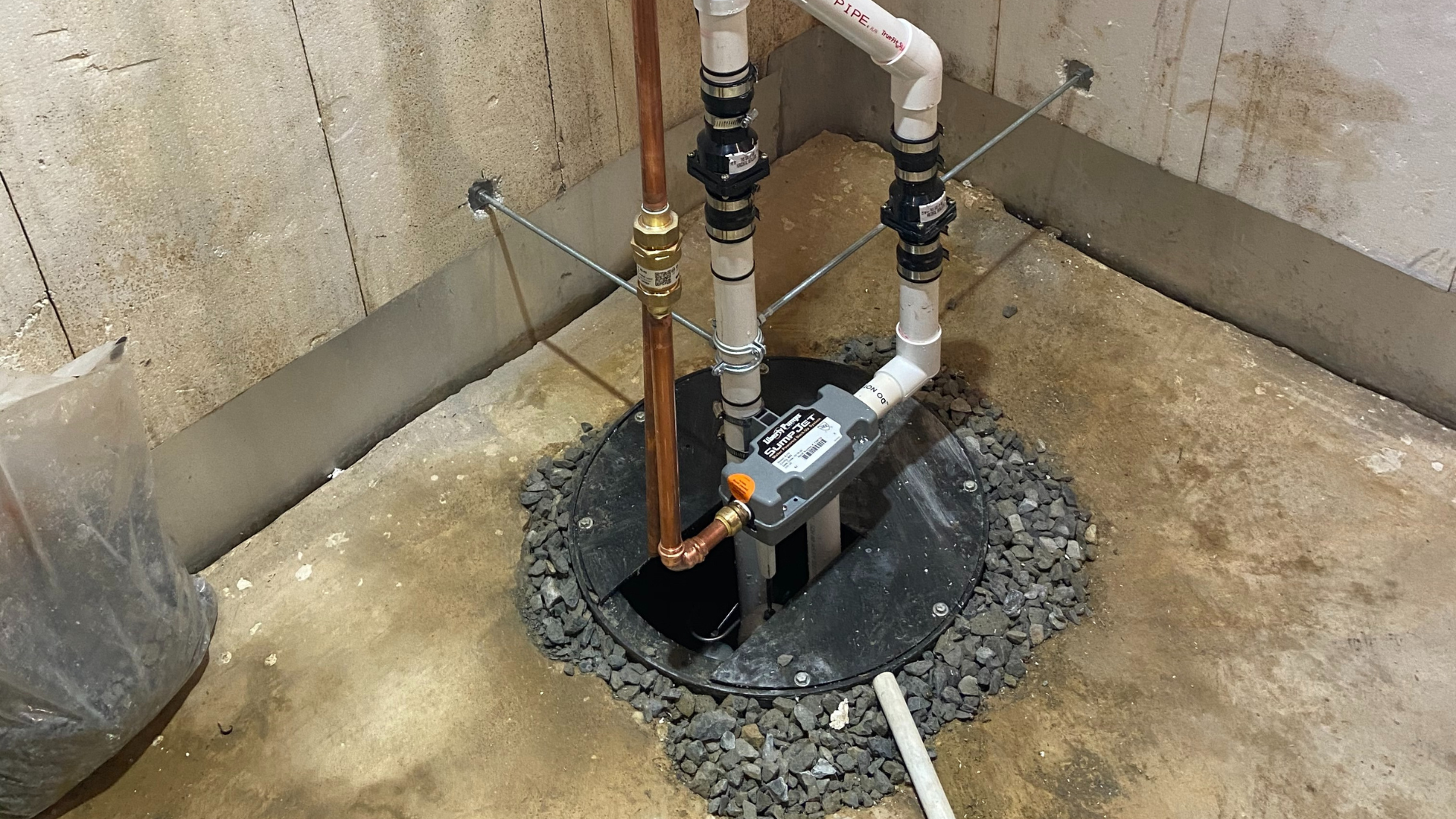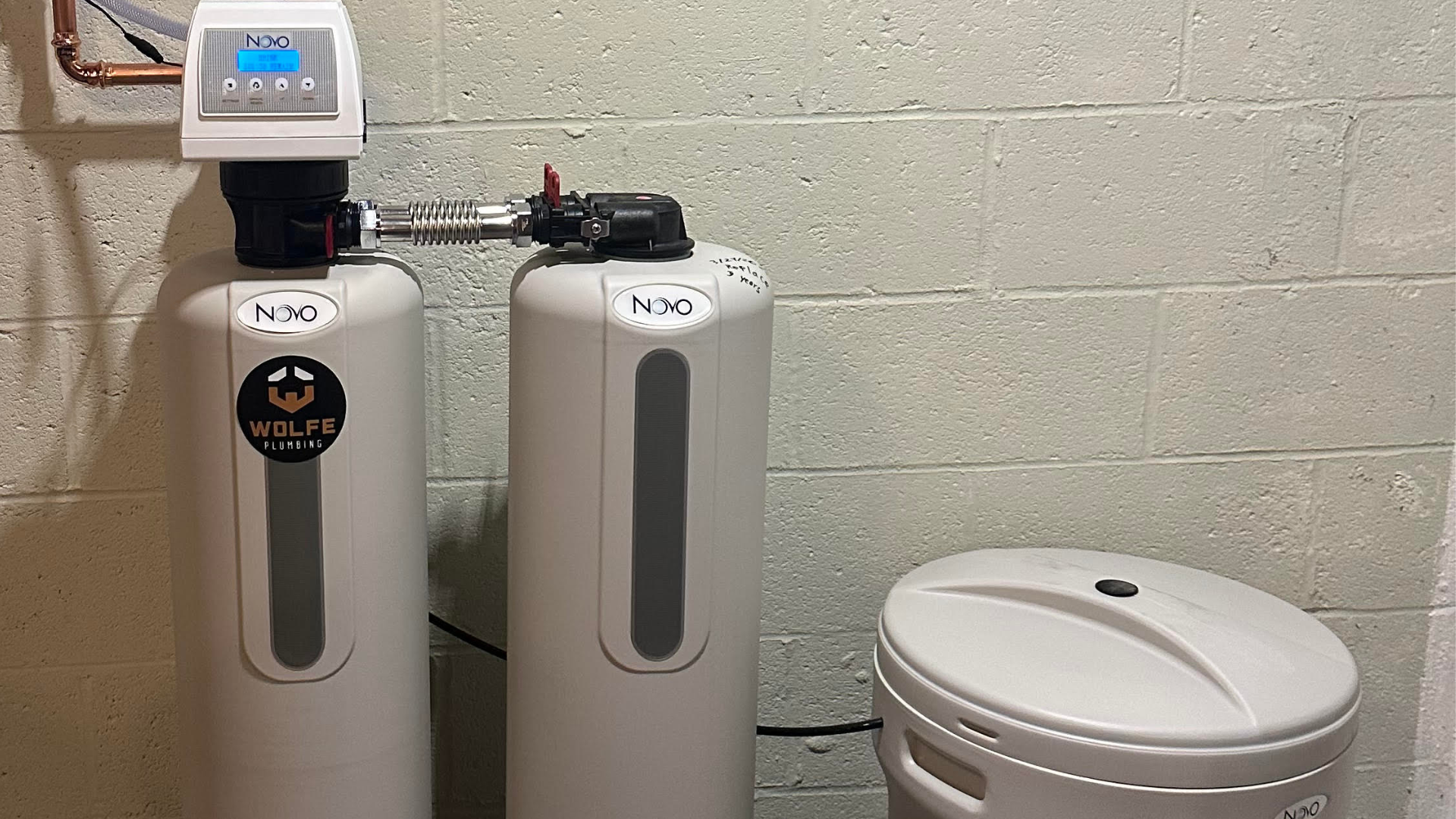Preparing Your Plumbing for the Holiday Season

The holiday season brings warmth, joy, and sometimes a full house! With more people under one roof, your plumbing system is likely to get a workout, from extra dishwashing to more frequent showers. Taking a few steps to prep your plumbing can prevent inconvenient (and potentially costly) issues, ensuring your home runs smoothly during the festivities. Here’s how to get your plumbing holiday-ready.
1. Clear Your Drains
- With holiday cooking and baking on the rise, kitchen drains can become easily clogged. Avoid pouring grease, fats, or oils down the drain, as they solidify and cause blockages.
- Consider using a drain cover to catch food particles. For an extra measure, run hot water through the drain after each use, and add a little dish soap to break down any lingering grease.
2. Check Water Pressure in Guest Bathrooms
- Before guests arrive, check the water pressure in guest bathrooms and fix any low-pressure issues. Often, sediment buildup can clog faucet aerators, which can be easily cleaned with a vinegar soak.
- If any bathrooms have slow drains or leaky faucets, address these now to prevent them from becoming bigger issues when your plumbing system is under heavier use.
3. Prep Your Water Heater
- More people in the home means more hot water usage. Flush your water heater if it hasn’t been done in the last year to clear any sediment, which can reduce efficiency.
- Set your water heater temperature to a safe and comfortable level (120°F is ideal) to prevent burns, especially if children are visiting.
4. Prevent Toilet Clogs
- Provide guests with clear instructions on what can and can’t be flushed down the toilet. Only toilet paper should go in the toilet — wet wipes, even the "flushable" kind, can cause significant blockages.
- Consider keeping a small trash bin by the toilet with extra bags for easy disposal of non-flushable items.
5. Inspect Outdoor Plumbing
- If you’re in an area that experiences freezing temperatures, make sure outdoor spigots are shut off and drained to avoid burst pipes.
- Disconnect and store hoses, and insulate any exposed outdoor pipes.
6. Know Where Your Main Water Shut-Off Valve Is
- In case of an emergency, knowing where your home’s main water shut-off valve is located can save you from extensive water damage. If you’re having guests, let a trusted person know as well, so they can act quickly if something goes wrong.
Final Thoughts
Taking time to winterize your plumbing and make a few small adjustments in preparation for extra holiday traffic can keep things running smoothly and stress-free. With these quick steps, you can prevent holiday plumbing disasters and ensure your home stays comfortable for you and your guests throughout the season.
